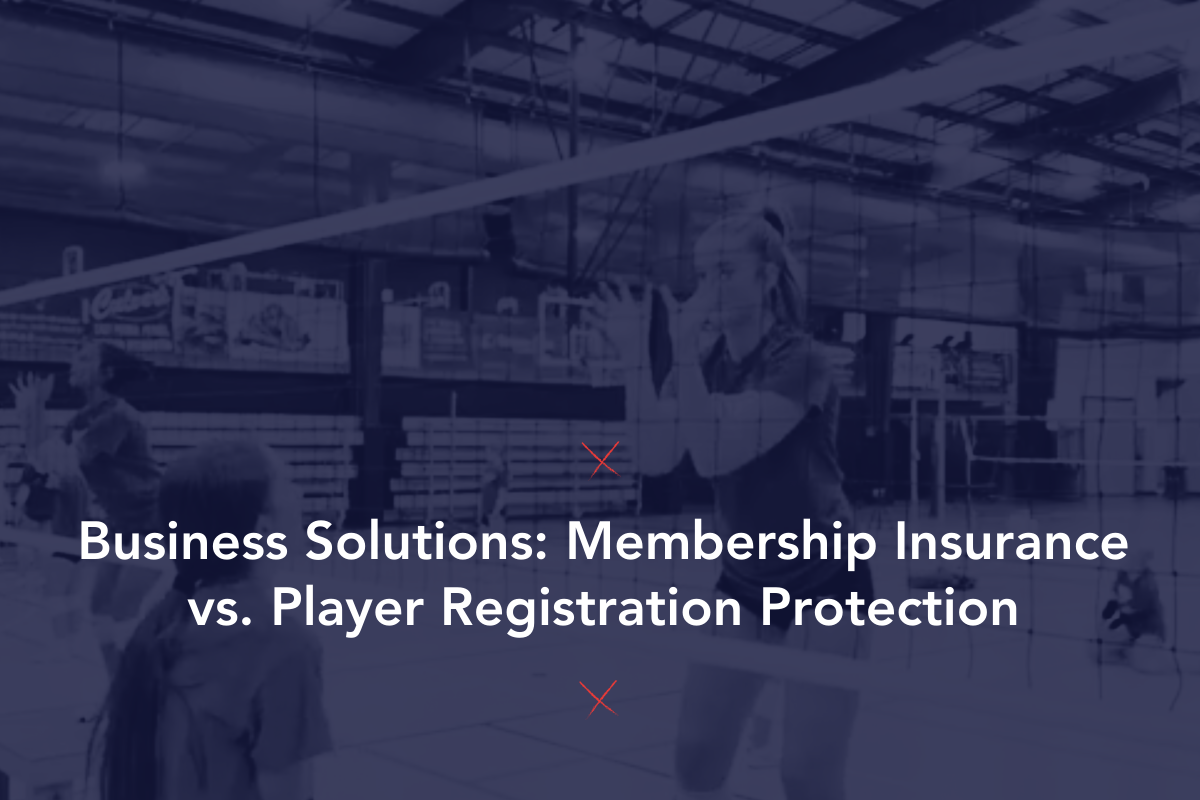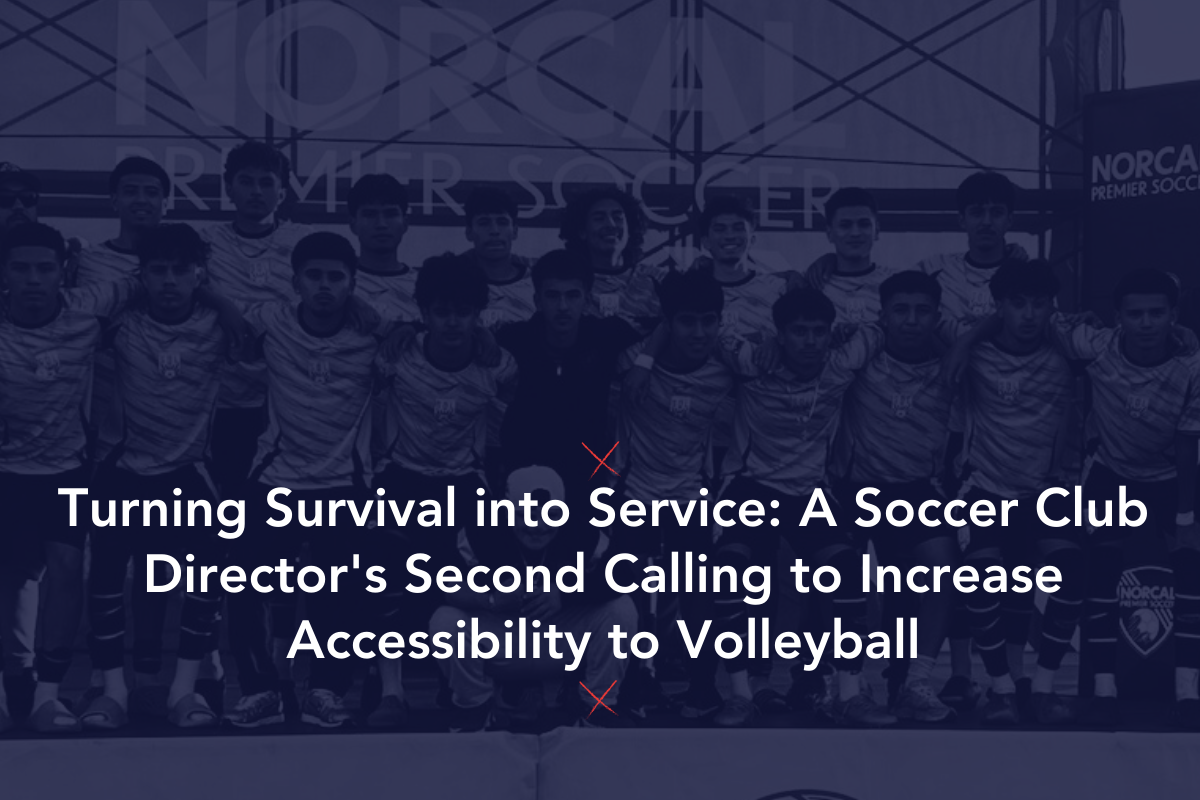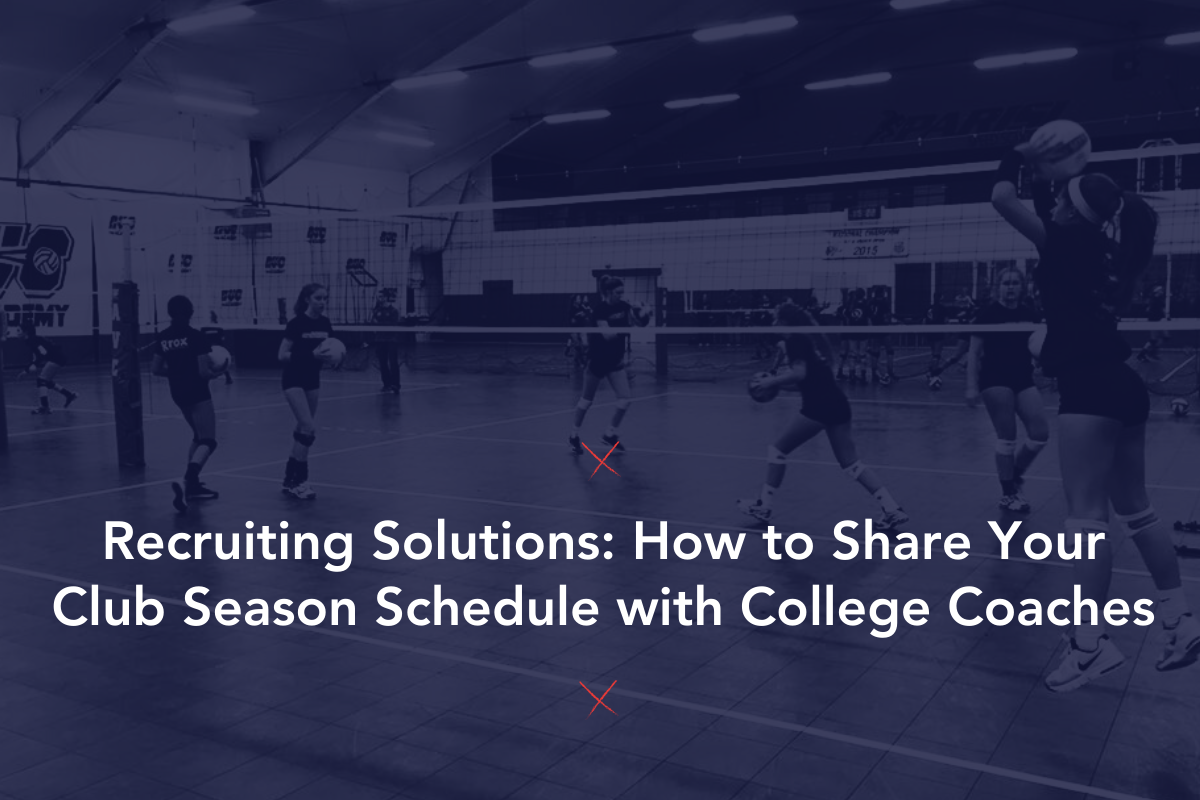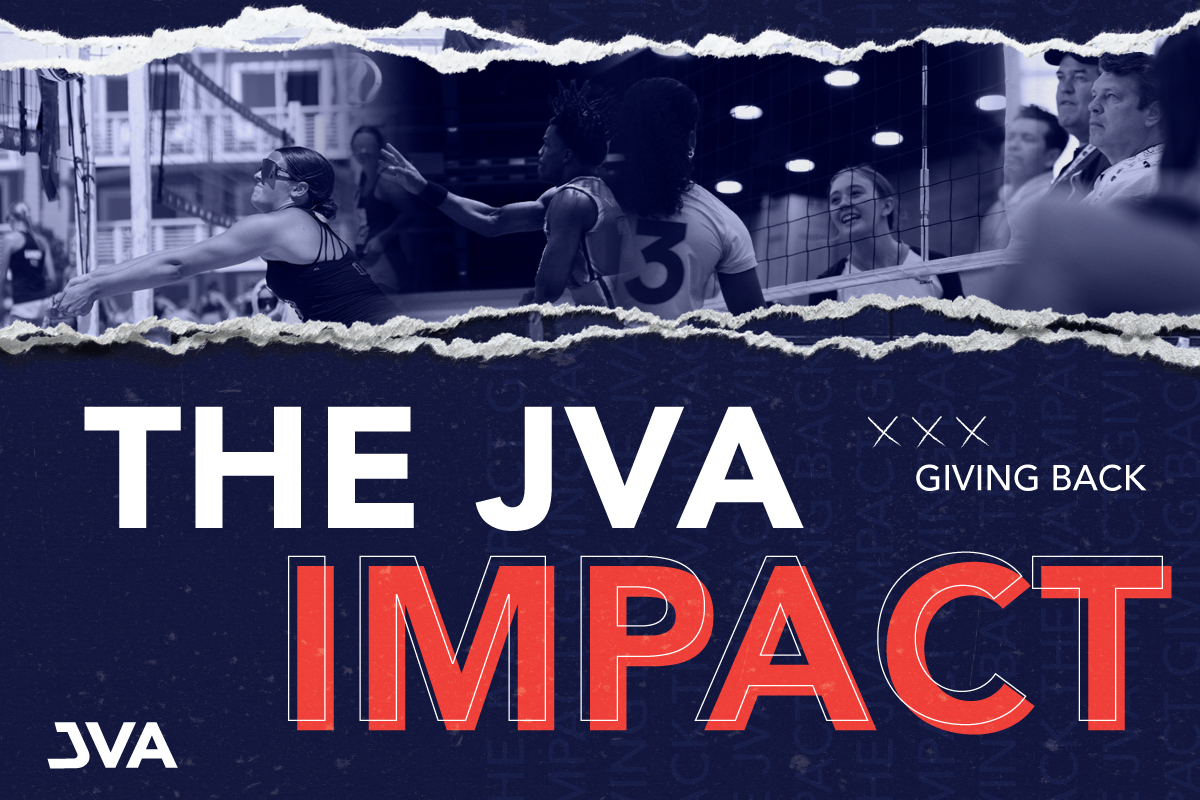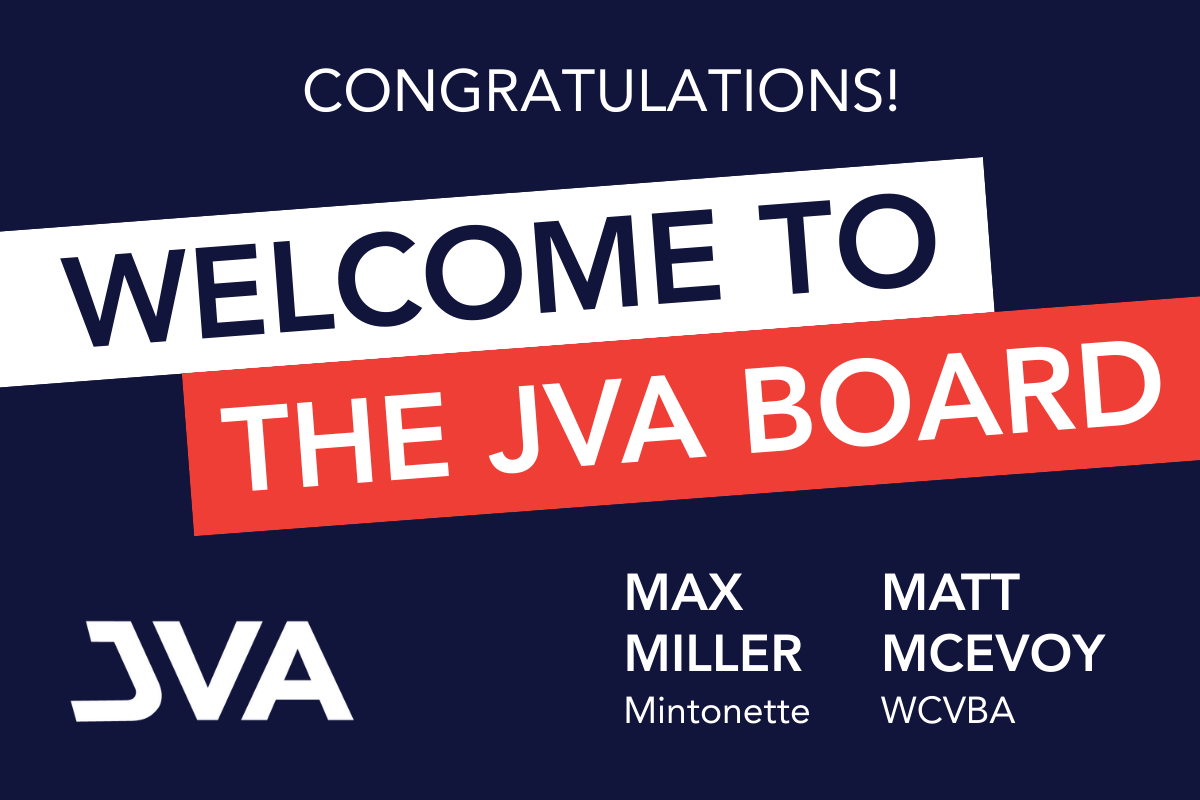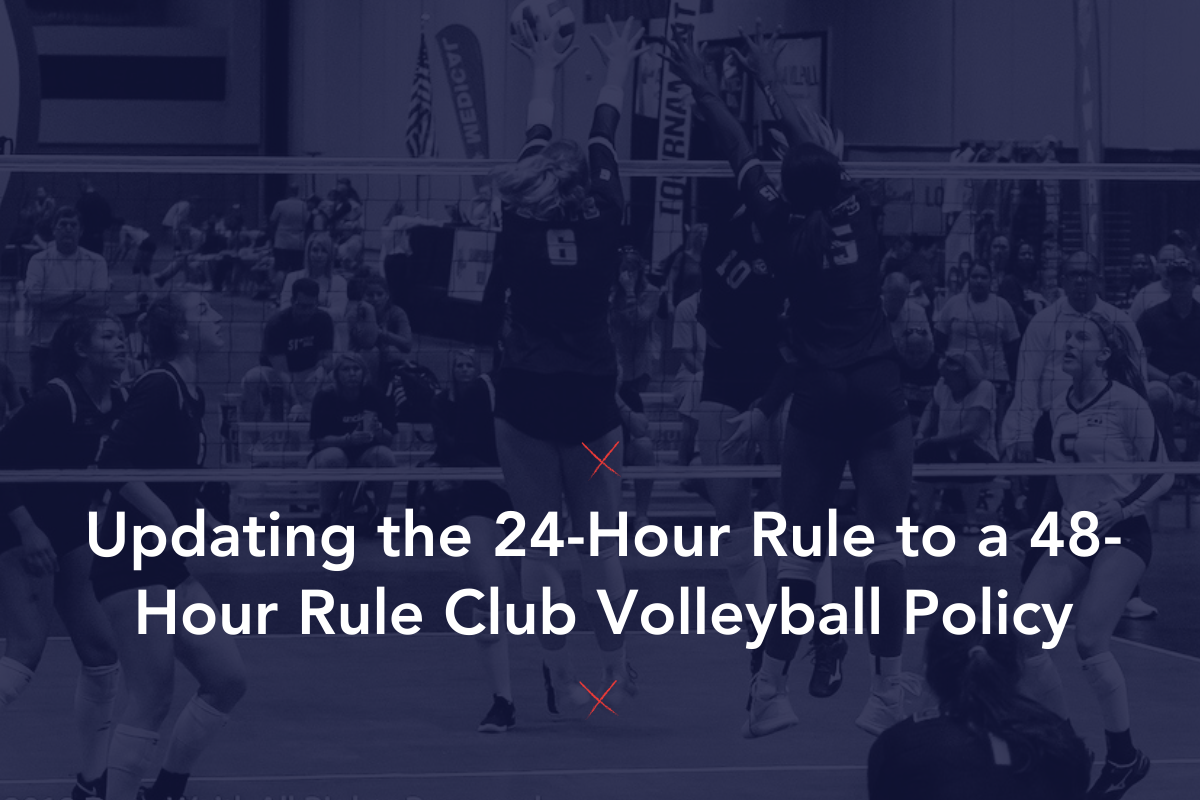As a facility owner making plans to host tournaments this year, are you happy with your options? Are you in a region that puts limits on your plans? Are you free to host the events that you need in order to support your facility? Can you charge admission fees and entry fees to meet your costs and provide a reasonable profit for your business? There are U.S. laws that support your right to host events of any affiliation.
Nicholas DeLorme, an intern at Marquette University Law School specializing in Sport Law has been working with JVA on researching these laws.
Nicholas writes as follows.
AN OPEN MARKET FOR HOSTING AND PARTICIPATING IN TOURNAMENTS
The goal of all youth and junior volleyball organizations is the same – to grow the sport of volleyball. That being said each of the different organizations, such as AAU, YMCA, CYO, USA Volleyball, the Regional Associations of USAV and the JVA, comprise an open market and each have the right to provide playing opportunities for prospective players/customers. It is not uncommon for clubs to be members of different organizations in order to maximize the number of tournaments that the club will have access to.
Having a variety of organizations available for a player to choose from is good for the sport as that player is able to find a club that provides what they need to succeed and provides the tournament opportunities they desire.
However, some organizations may and have attempted to restrict what their member clubs are allowed to do or what tournaments they are allowed to participate in.
For example, a number of regions that are members of USA Volleyball (USAV) have attempted to restrict their member clubs from hosting or participating in tournaments that are not sanctioned by the region. Some clubs in the region are members of both the USAV and the JVA and as such were participating in JVA tournaments in addition to the USAV tournaments. The regions’ reasoning in their attempt to restrict the clubs was that the JVA tournaments were in direct competition with their own tournaments. The regions have threatened sanctions such as probation, loss of ranking, loss of sanctioning and boycotting of tournaments for any club who participated in the non-region sanctioned tournaments.
Each club, however, has a right to be a member of any organization they so choose and this interference by the region is a violation of Federal antitrust laws and also could be seen as tortious interference with both current and prospective contractual relations with the USOPC.
In addition to the broad Federal antitrust laws, each state has their own version of the antitrust law but they generally carry the same principle that one organization cannot restrict their members from seeking out other opportunities available to them. As each state is different, there are no cases or statutes that are the end-all-be-all answer.
Still, there are two cases that are distinguishable on this issue. In Eleven Line, Inc. v. North Texas State Soccer Association, Inc., a soccer association required member players and coaches to play games only at sanctioned facilities. The court ruled that this violated antitrust law as well as Texas law prohibiting “tortious interference with contracts and prospective contractual relations”. Eleven Line, Inc. v. North Texas State Soccer Association, Inc., 213 F.3d 198 (5th Cir. 2000).
In Minnesota Made Hockey, Inc. v. Minnesota Hockey, Inc., an amateur hockey association had an “outside league rule” that prohibited its registered players from playing for another association’s team. The court held that the association is “not immune from federal and state antitrust law challenges under the Amateur Sports Act”. Minnesota Made Hockey, Inc. v. Minnesota Hockey, Inc., 789 F. Supp.2d 1133 (D. Minn. 2011).
An organization cannot eliminate or reduce the economic choices available to member clubs and as such, clubs are allowed to offer and participate in tournaments that are not sanctioned by one organization that they are affiliated with.
GUN POLICY
In the wake of the recent terrorist attacks in our country and the liberalized laws allowing ownership, possession and carrying of guns, it is important to draw up plans to help the safety and well-being of your athletes.
Nicholas DeLorme has provided us with the following research on Gun Policy.
In today’s legal environment, the conflict between a person’s right to carry a gun and a business’s right to restrict people from carrying guns is ever growing. Much of the conflict stems from the fact that there is no comprehensive federal law or regulation governing when, where, and how a person can carry a gun, be it concealed or open carry. This is has led to each state having their own gun laws and each state having a slightly different policy towards how a business can restrict people from carrying a gun on the businesses premises.
It is important to first note that while the Second Amendment of the United States Constitution does give the right to bear arms, that right is not an absolute right and does not apply in all situations. States have laws that allow for businesses to not allow guns on the premise. The states themselves restrict guns in a variety of public locations such as courthouses, schools, and hospitals.
As mentioned previously, each state is different in regards to the extent they allow businesses to restrict the carrying of guns. For example, the following is the current policy in Wisconsin:
Wis. Stat. § 943.13(1m)(c)3 states that whoever “[w]hile carrying a firearm, enters or remains at a special event if the organizers of the special event have notified the actor not to enter or remain at the special event while carrying a firearm or with that type of firearm. This subdivision does not apply, if the firearm is in a vehicle driven or parked in the parking facility, to any part of the special event grounds or building used as a parking facility” is subject to a Class B forfeiture.
Wis. Stat. § 943.13(1e)(h) defines special event as “an event that is open to the public, is for a duration of not more than 3 weeks, and either has designated entrances to and from the event that are locked when the event is closed or requires an admission.”
Put into simple terms, this essentially means that so long as you are holding an event in which admission is charged/entrance to the event is restricted, the event lasts no longer than three weeks, and you notify the person carrying the gun that you do not allow that, they must leave or be subject to a forfeiture. As the statute states, the person can however put the gun in their car and there is nothing you can do to restrict that.
While the previously mentioned Wisconsin Statutes only apply in Wisconsin, they are a good illustration of what many states polices are as well. Generally as long as signs are posted and attendees are on notice that the carrying of guns is not allowed at that event or facility, a person who does enter with a gun may be asked to leave or to put the gun in their car. It is important to note that the signs must be at least 5 inches by 7 inches and must be posted at every entrance to the building.
For more information about your specific state, please contact an attorney from your state who will then be able to give you legal advice and counsel on the matter.
As you are pulling together final plans for the upcoming season, we have a number of resources to help you in that process. Be sure to review the resources available. If there are laws or policies that you would like us to look into, please let us know.
The JVA is an organization focused entirely on youth and junior volleyball. With over 1,200 member clubs nationwide and all over the world, our goal is to improve the junior volleyball experience for JVA clubs, the players and the community. If you are interested in learning more about the JVA and how we can help your club, click HERE.




